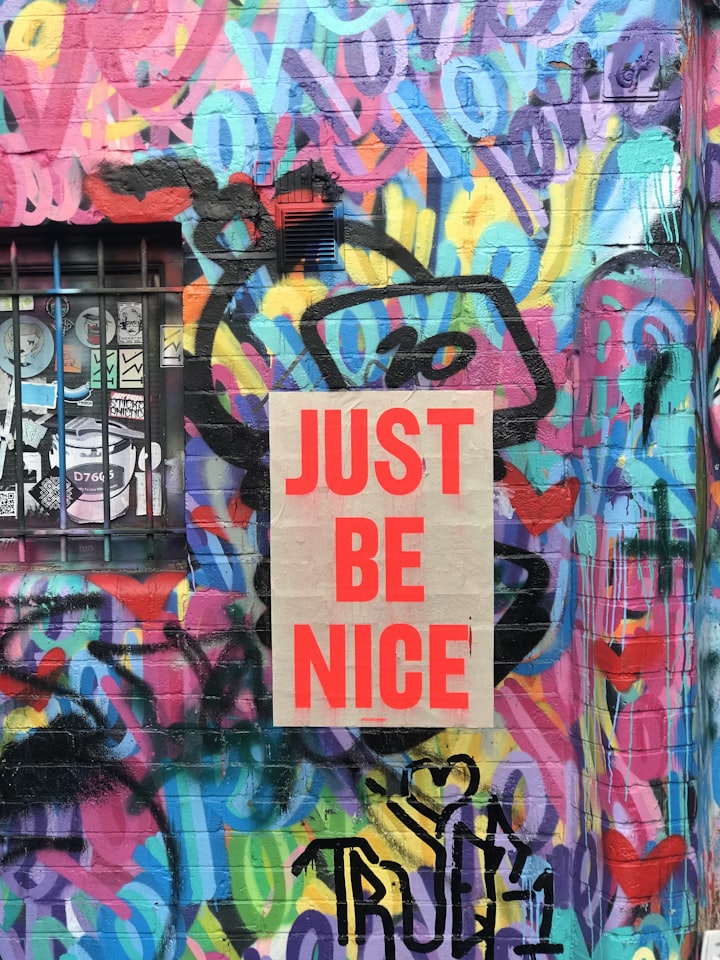
I would say I’ve been in two relationships in my 20 years of life. One was in high school, from grade 11 to first year. The other was for about six months in first year. In between then and now, I’ve had a string of casual dating, hook-ups, dates, and crushes, but no one else I had called a “partner.”
For the longest time, I thought I had to find someone soon, whether it be a good long-time partner, temporary yet exciting crush, or spousal material that I could reserve to revisit later in my life. But after my second relationship, I started getting jaded, not finding much satisfaction on Tinder, flirtationships with classmates, or even crushes that I’d interact with here and there. It wasn’t that I believed I was going to be “forever alone” or that I was desperate to find someone, but I was just missing that feeling of being in a relationship. It’s been a while since I have been in one now, and I actually can’t remember what it was like to be in one. I don’t wanna generalize all relationships to say that all actors in them are particularly overly-dependent, naive, or anything like that. But I’ve come to the realization that among the people I know that are in relationships, they’ve gotten to this point where that romance is the thesis in their lives. Here me out:
You’ve only got a finite amount of time and energy in your life, like a pie. When you’re single, you distribute your time accordingly to your personal endeavors: Your friends, your family, your academics, your career (or precursor to), etc. When you introduce a love interest, that person takes up a big chunk of your pie. This isn’t a bad thing. But it gets to play a negative role when that chunk in your pie is not only overwhelmingly exceeding the slices that other categories get, but when those categories get neglected. Like in economics, when one industry thrives, (i.e., oil and gas), another industry takes a hit (i.e., fishing). There can be a balance, and romantic lives aren’t economics. That’s a fact. But there’s a funny correlation between romance and economics that I can’t help but notice. The neglect that’s accompanied by a newfound love interest in a friend’s life is strikingly clear. It may be temporary, and hey, that’s fine, the market fluctuates... and maybe it’ll balance itself accordingly (sooner or later). My problem is, why do we have to establish and follow this hierarchy that romantic relationships and endeavors subtly (or explicitly) rank above platonic friendships, and even some familial ones?
My friend told me it was because relationships provide you with “goods and services” that are inelastic, whereas friendships do not. Romantic endeavors are so unique and unreplicable in comparison to any other bond you can have with someone else. Any one of your good friends can listen to your problems, laugh, go to the movies with you, have a long discussion about existentialism with you, etc. But only your significant other can “connect” (and I say that with italics) with you on all those fronts and more. They see you sexually, emotionally, physically, intellectually, how many fucking adverbs can I use to describe it? But even if the product is inelastic, is it really right to rank it above others? Your favourite food, for instance, tacos, and luxury cars are two different things, like your best friend and your girlfriend. Nobody would make you choose between the two, but inside, you’re probably gonna pick your girlfriend. That’s not a fact, that’s a probability. When you three get into an argument while let’s say you’re engaged to your girlfriend, and it’s regarding something about what’s in your best interest (maybe a career choice or something personal to you): whose side do you take? Your girlfriend, obviously. You’re not marrying your best friend. This person has no legal onus to you, nor do they have to suck you off throughout your marriage.
Daniel Sloss, a Scottish comedian whose screenshots from his Netflix special, Jigsaw, explains the statistics and meanings behind about how people that get into relationships too young, too early, are afraid of going through the ordeal of learning to love themselves. And those who do get into relationships so early have just employed someone else to do it for them—they’ve employed someone else to love themself because they never took the time to learn how.
Friendships are relationships and they take work. Love is something that is (what the media, society, everyone, and their mom has dubbed as) innate, inexplicable, containing qualia to enjoy. Love, by our definitions, doesn’t take much work, if any. Love just happens. But that’s wrong. Everything is work: friends, family, significant others, enemies, colleagues, etc. You just have to decide what is worth the work. But is comparing the elasticity of each relationship as if they’re all on an even playing field the right way to determine which relationships deserve the largest chunk of your pie?
In university, I’ve came across a few couples, some of whom are close friends, some of whom are just friends, and some I just absolutely don’t give a shit about. I noticed some patterns with a majority (again, not all) of these couples: (1) When you invite one, you invite both. (2) If they’re not studying with you, they’re enjoying the company of the one that’s inelastic to them. (3) They’ve expropriated the pie of time they have and have (un)knowingly leased it out to their significant other with not too much regard to their friends. I’m not saying they’re bad friends. Plenty of them still attend birthday parties, give gifts, call you, study with you, tag you in memes, etc. But it’s not the same. I’m not saying it’s impossible to be a good friend, son/daughter, or student while in a relationship. I’m just saying, why is it that we’ve bred a culture where we’d rather be measured on the type of significant other we’re being, rather than the type of friend we’re being?
About the Creator
Far ley
I like politics, anime, photography, sociology, urban-planning, and biztech stuff.






Comments
There are no comments for this story
Be the first to respond and start the conversation.